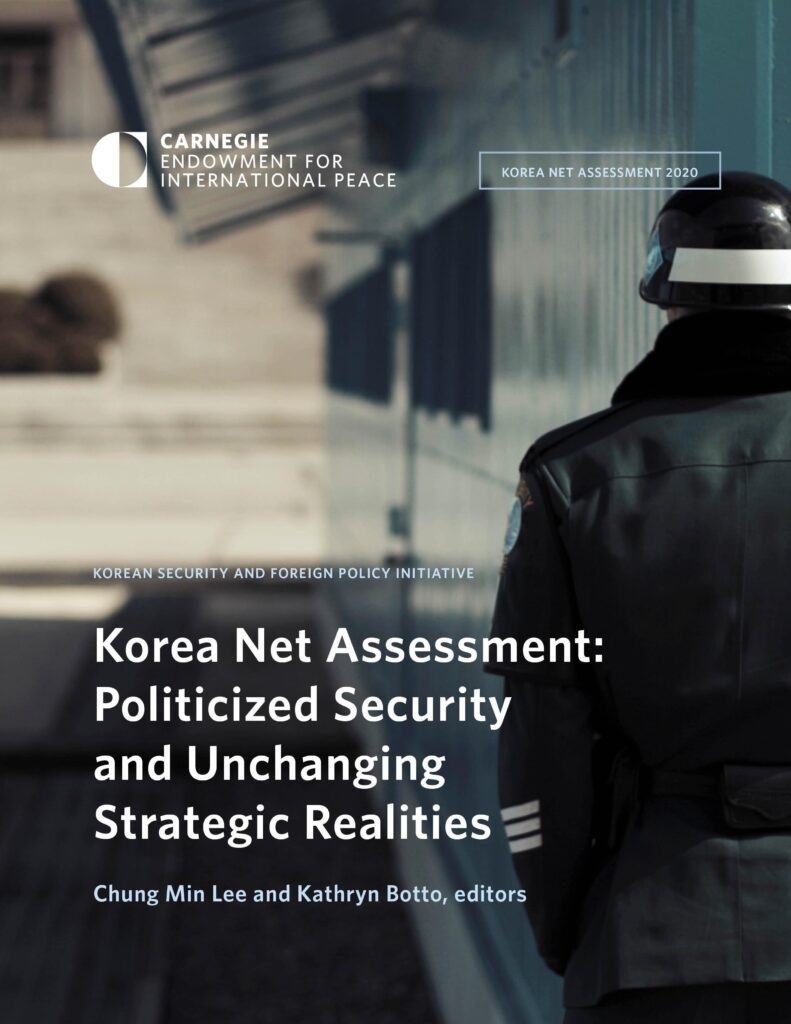The content discusses the rising tensions in the Korean Peninsula and the implications for regional stability. It highlights the historical context of the division between North and South Korea, as well as the role of nuclear ambitions and missile testing in exacerbating tensions. The content also explores the responses of regional actors and the crucial role of China in maintaining stability. It emphasizes the significance of the tensions for regional stability and the potential consequences of a military conflict. The content concludes by outlining the path to peace, including diplomatic efforts and regional cooperation.
Rising Tensions in the Korean Peninsula: Understanding the Implications for Regional Stability
Introduction
The Korean Peninsula has been a long-standing region of tension and conflict. In recent years, the tensions have risen to new heights, with potential consequences for regional stability. Understanding the implications of these rising tensions is crucial in order to navigate the complexities of the situation and promote peace in the region.
Historical Context
The Korean Peninsula has been divided into North and South Korea since the end of World War II. The division was a result of competing interests and ideologies between the Soviet Union and the United States. The Korean War in the 1950s further intensified the divide, leaving the peninsula in a fragile state of armistice rather than a formal peace treaty.
Nuclear Ambitions and Missile Testing
One of the primary sources of tension in the region is North Korea’s nuclear program and missile testing. The North Korean regime, under Kim Jong-un, has pursued a strategy of developing nuclear weapons as a means of ensuring its survival and gaining leverage in international negotiations. These actions have drawn strong condemnation from the international community, particularly from neighboring countries like South Korea, Japan, and the United States.
Regional Responses
The rising tensions in the Korean Peninsula have led to various responses from regional actors. South Korea, as the most directly affected country, has maintained a cautious approach, seeking to engage in dialogue and promote peaceful reunification. Japan, on the other hand, has taken a more assertive stance, bolstering its military capabilities and strengthening alliances with the United States.
The Role of China
China plays a crucial role in the stability of the Korean Peninsula. As North Korea’s largest trading partner and ally, China has significant influence over the regime. However, it faces a delicate balancing act, as it also seeks to maintain stability in the region and avoid a potential refugee crisis on its borders. China has supported economic sanctions against North Korea but has been hesitant to exert too much pressure that could destabilize the regime.
The Implications for Regional Stability
The escalating tensions in the Korean Peninsula have significant implications for regional stability. The possibility of a military conflict, whether intentional or accidental, would have grave consequences not only for North and South Korea but for the entire region. The presence of nuclear weapons in North Korea adds an additional layer of complexity, as miscalculations or misinterpreted signals could lead to a catastrophic event.
The tensions also strain relationships between regional players, as differing approaches and interests come to the forefront. The United States’ military presence in the region, aimed at deterring North Korean aggression, is viewed with suspicion by China and Russia. Additionally, Japan’s efforts to bolster its military capabilities raise concerns about a potential arms race in the region.
The Path to Peace
Resolving the tensions in the Korean Peninsula requires a multi-faceted approach. Diplomatic efforts must continue, with a focus on engaging all relevant parties in open dialogue. Economic incentives and sanctions can be utilized to encourage North Korea to abandon its nuclear program and pursue peaceful cooperation.
Regional cooperation is also vital. Countries like China, Japan, South Korea, and the United States must find common ground and work together to ensure stability and security in the region. Building trust and fostering partnerships can help deescalate tensions and promote lasting peace.
Conclusion
The rising tensions in the Korean Peninsula have far-reaching implications for regional stability. The nuclear ambitions and missile tests conducted by North Korea, coupled with differing responses from neighboring countries, create a complex and precarious situation. However, by engaging in diplomacy, fostering regional cooperation, and finding common ground, there is hope for a peaceful resolution to the tensions and the promotion of stability in the Korean Peninsula.
